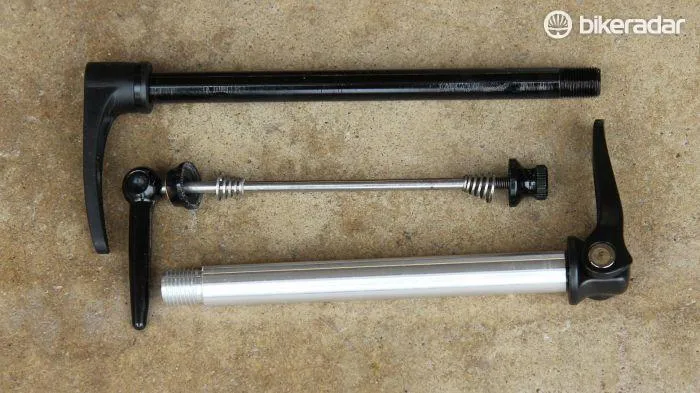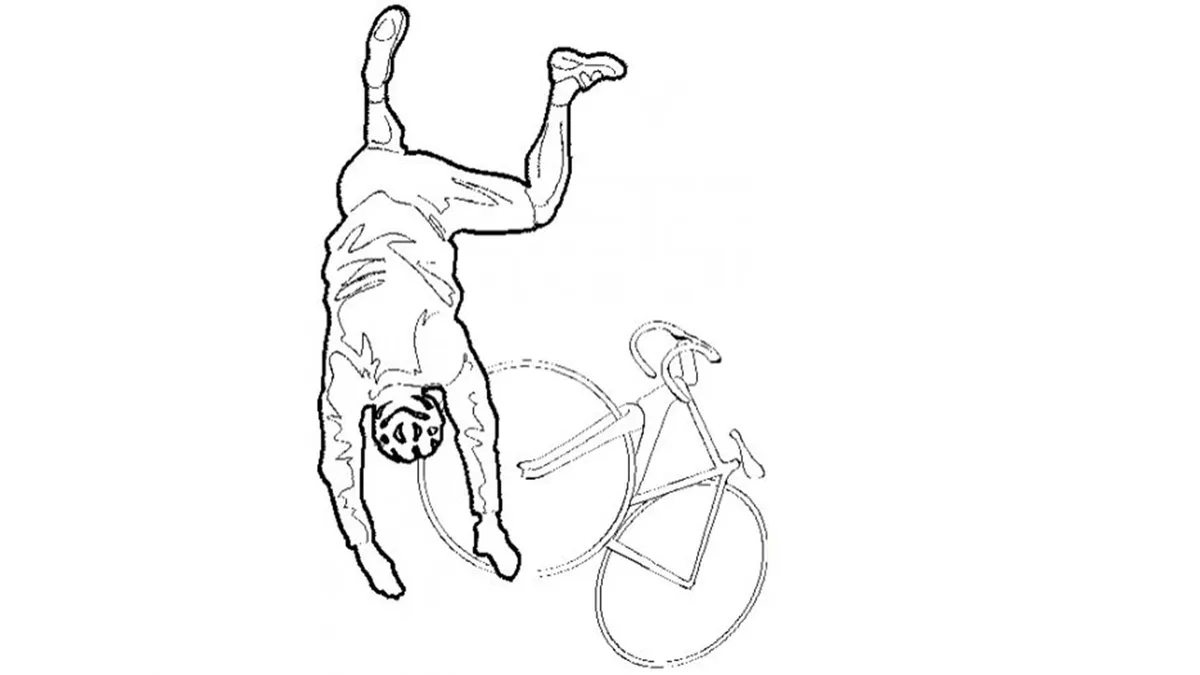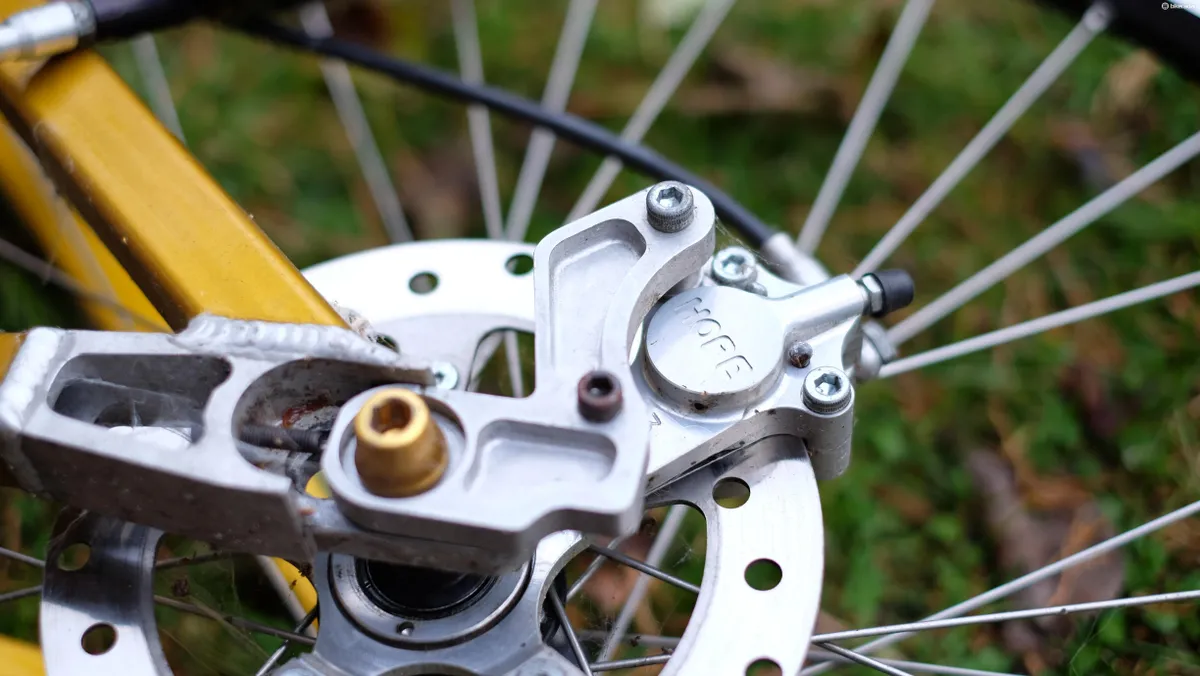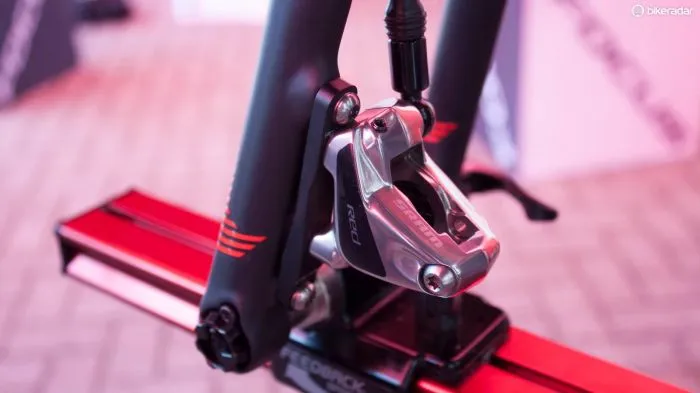As we learned a couple of weeks back, the governing body for competitive cycling – the UCI – has confirmed that riders in next year’s pro peloton will be able to compete in any major races using road bikes equipped with disc brakes.
This means the 2016 season will serve as a test to allow riders and teams, as well as the UCI, to determine whether or not disc braking will work in the pro peloton.
This is a pivotal moment for the disc brake – a component that still causes controversy among roadies. Despite discs being an increasingly familiar sight on endurance bike spec sheets, and their domination in the gravel bike sector, resistance from many roadies is still strong. In fact, the disc debate ranks second only to the helmet debate in its potential for forum-based flame wars.
Whatever you think – and do be sure to let us know in the comments box below – here are five reasons why I reckon roadies should chill about discs.
Five reasons why roadies should embrace disc brakes
1. They probably won’t kill you in a crash
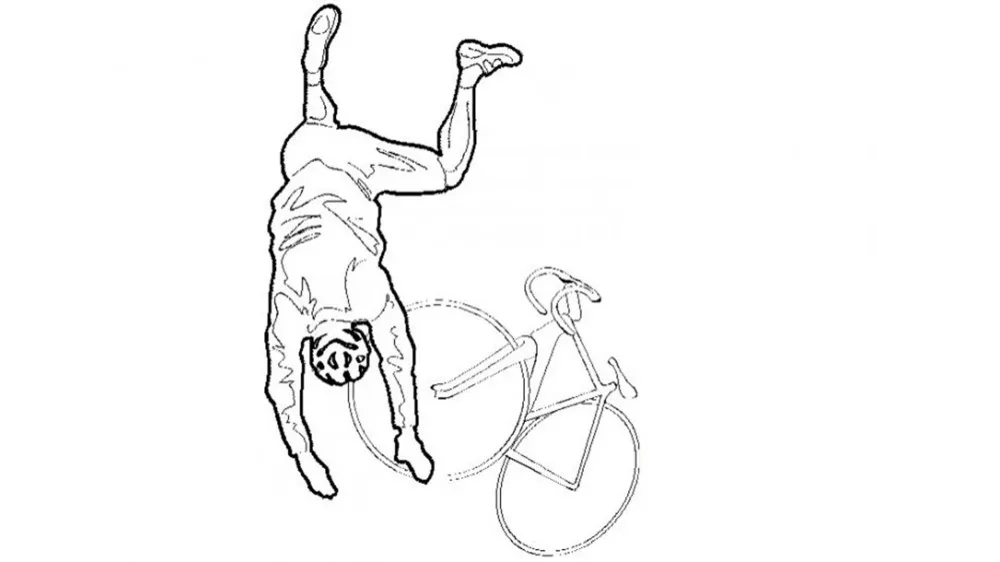
Crashes are inevitable, and unfortunately so are injuries, but I don’t think the introduction of discs will end up killing anyone anytime soon. Take a look across to mountain bikes or even motocross and you’ll see that, thankfully, injuries directly relating to disc brakes are few and far between.Many riders are concerned about burns, and it’s true, disc brake rotors and hardware can and will get seriously hot. But I think it'll be relatively easy for manufacturers to introduce guards/shields around the discs to prevent such injuries. Let's not forget that the superior braking control offered by discs might even prevent the crash in the first place..
2. You can still change a wheel, and fast

There isn't a definitive axle standard for disc road bikes yet
This is a big one for many riders, in particular racers… what if you get a flat? Will that pesky disc brake slow the wheel swap procedure and push you out of the running altogether?
No, it doesn’t have to. Although there’s no defining standard when it comes to the axles used on road bikes, many have been designed to keep wheel changes as quick as possible. Locating a disc into a caliper can be done quickly and can actually help when it comes to aligning things in a hurry.
Related: Bend in the Road: Road disc axle shuffle
Of course, the way to deal with this problem properly is not to get a puncture in the first place and that’s where tubeless tyres come in… oh hang on, that’s a whole different fight.
3. This technology isn’t really new
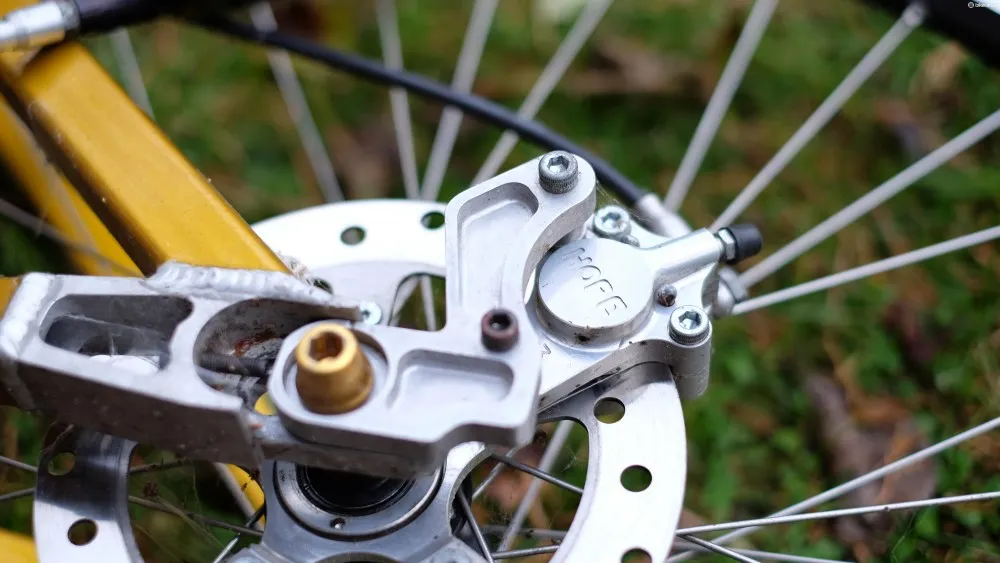
Can you guess when disc brakes were patented as an invention? The answer is 1902, and you know what that means? You’re genuinely looking at technology developed in the Victorian times.
Mountain bikes alone have successfully used disc brakes for more than 20 years already and that won’t be changing anytime soon. Although the components aren’t identical, what it comes down to are a lot of lessons that have already been learned. It's not (ahem) reinventing the wheel.
4. They work better when the weather gets foul

Taking the braking surface away from the edge of a rim makes for more consistent braking in bad weather. Similarly, less of the funky contaminants held on road surfaces should end up where you don’t want them.
Another thing. Remember that dodgy pothole that sent your rim out of true? and the way your brake rubbed annoyingly afterwards? Well, with discs your rim no longer has to be perfectly true.
All this adds up to a more dependable and predictable stopping at your fingertips.
5. They’ll only get better!
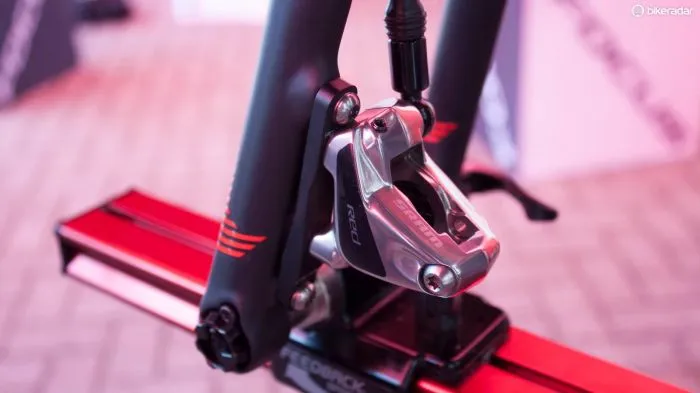
Even the most developed road discs are now only in their second or third iteration. I fully expect road discs to become lighter, more powerful, more aerodynamic and just generally better in future.
Importantly, products such as Shimano’s 105-level discs are introducing hydraulic disc brakes to road bikes at prices that are more accessible than ever. Cheaper discs should mean more discs and I fully expect to see those little silver circles at each wheel to become the norm among road bikes in general.
So there you have it, I don’t think discs will kill you, you won’t be stuffed in a puncture, they’ve been around since before your grandparents were born and, things are only gonna get better. Embrace it, people.
Think I'm wrong? Let me know in the comments box below.
Do disc brakes belong on bikes?

